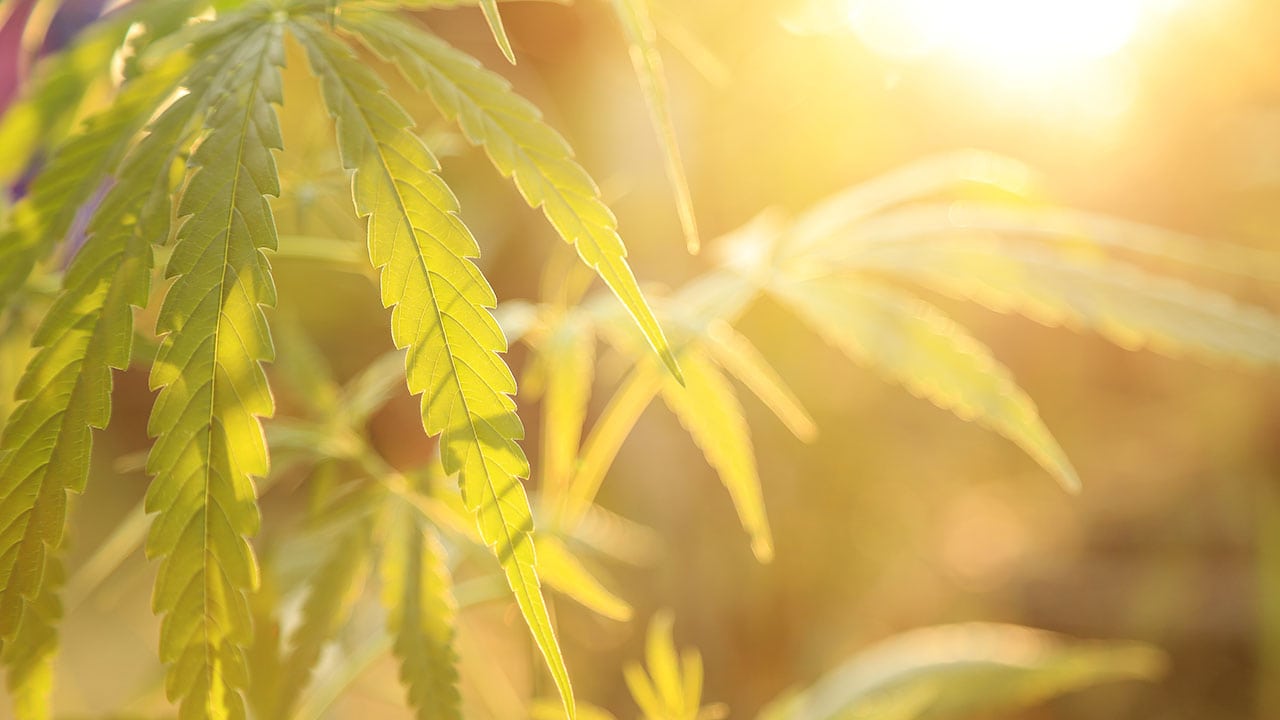New USDA-Approved Modified Hemp Has No CBD or THC
Summarize

The U.S. Department of Agriculture (USDA) has approved a genetically altered hemp variety called Badger G developed by University of Wisconsin researchers in the Wisconsin Crop Innovation Center. This particular hemp plant was deemed safe to grow and cross with other plants. Badger G has no CBD or THC and poses no increased pest risk to crops.
The approval of this C.sativa hemp plant is important to hemp farmers who continue to struggle with adhering to the federal 2018 Farm Bill. The federal legislation requires hemp plants to have less than .3% THC. Crops that test higher for THC are destroyed.
This is the second genetically modified hemp plant approved by the USDA’s Animal and Plant Health Inspection Service (APHIS). In October 2023, APHIS approved a modified hemp plant developed by Growing Together Research, a biotechnology company located in Fort Wayne, Indiana.
Approving the modified hemp plants is important for two reasons. First, farmers are experiencing expensive crop losses due to intentional destruction to comply with federal regulations. Second, this approval provides a definitive response on this particular hemp strain in an industry where federal and state laws are often at odds.
In the application for regulatory status review, the Wisconsin researchers wrote,
“This will provide U.S. growers with agronomic and compliance benefits, including higher levels of the cannabinoid CBG/CBGA and elimination of THC/THCA. Approximately 25% of the hemp crop in the US is discarded due to THC/THCA levels beyond the 0.3% threshold outlined in the 2018 Farm Bill. Our new line will allow farmers to be in full compliance with these regulations.”
The USDA is trying to work closer with hemp farmers because of the regulatory confusion. For example, the agency issued a Hemp Research Needs Roadmap describing the hemp industry’s most important research needs. The roadmap addresses issues like breeding and genetics, production practices and biomanufacturing.
Legal and policy conflicts are harming the hemp industry and creating consumer issues. Marijuana and hemp containing more than .3% THC are legal in some states, while they remain illegal at the federal level. The 2018 Farm Bill is up for Congressional reauthorization in 2024 and may be updated, but it is impossible to predict if it will happen. The review of the Farm Bill could include lawmakers looking at items like allowing CBD products to be legally marketed as dietary supplements.
The FDA, consumers, Congressional members and members of the hemp industry all agree that federal laws on hemp, THC, CBD and other cannabinoids need to be updated to establish consistency and remove confusion about what is and is not legal.
Share this post


0